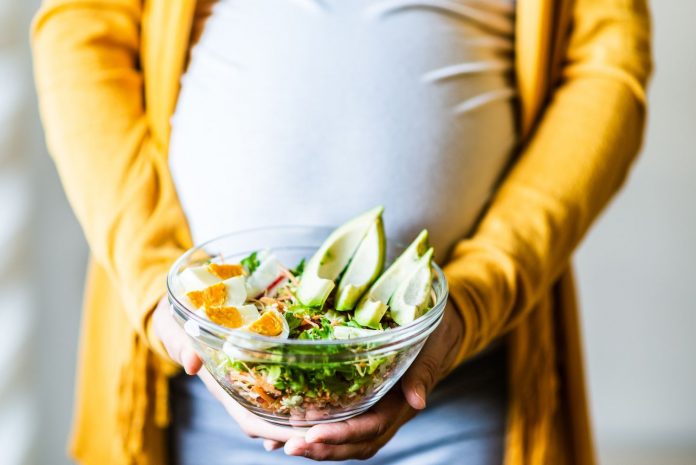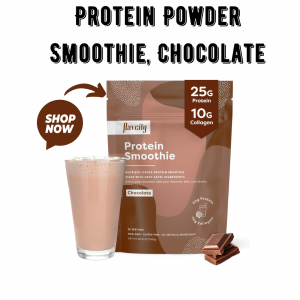Without a question, a woman’s pregnancy is one of the most lovely and exciting times in her life. However, there are drawbacks as well, such as the necessity to make sure you’re eating wholesome foods to promote the development of your developing child.
Ensuring the healthy growth of your unborn child, preventing pregnancy-related problems, and facilitating a smooth postpartum recovery are all possible with proper nutrition during pregnancy. Everything you need to know about nutrition during pregnancy—what to eat, what to avoid, and advice on keeping a healthy diet—will be covered in this blog post.
1. Eat a balanced diet
You and your child must eat a balanced diet in order to provide the nutrients required for healthy growth and development. Incorporate foods from all dietary groups, including grains, dairy, fruits, and vegetables. Make sure your kid is getting enough iron, calcium, protein, and folic acid—all of which are essential for healthy growth and development. Good sources of these nutrients include spinach, low-fat dairy products, lean meats, and fortified cereals.
2. Avoid certain foods
It is advised to stay away from certain foods when pregnant because they may impair the growth of your unborn child or raise your chance of miscarriage. Meat, fish, eggs, and unpasteurized dairy products that are raw or undercooked may contain dangerous bacteria that could harm you or your unborn child. Avoiding fish with high mercury content, such as swordfish, king mackerel, and shark, is also advised.
3. Avoid empty calories
Getting enough calories is important during pregnancy, but it’s even more important to make sure those calories are healthy. Empty calories from fatty and sugary foods can cause an individual to acquire too much weight, which increases the risk of developing high blood pressure and gestational diabetes during pregnancy. Choose healthy snacks instead, such as low-fat yogurt, almonds, and fresh fruit.
4. Keep yourself hydrated
Your body requires more water during pregnancy in order to meet the needs of the developing fetus. One of the most typical problems during pregnancy is constipation, which can be avoided by drinking enough of water. Drink eight glasses of water or more every day, and stay away from sugar-filled beverages like fruit juices and sodas.
5. Take prenatal vitamins
Prenatal vitamins are created specifically to fulfill the dietary requirements of expectant mothers. They are packed with minerals that are essential for your baby’s growth, such calcium, iron, and folic acid. Prenatal vitamin use can help lower the chance of birth abnormalities and other pregnancy-related issues.
A healthy pregnancy is mostly dependent on proper nutrition throughout this time. You may guarantee the healthy growth of your unborn child and lower the chance of pregnancy difficulties by eating a balanced diet, avoiding toxic foods, drinking plenty of water, and taking prenatal vitamins. To guarantee that you and your child receive the finest treatment possible, never hesitate to speak with your healthcare professional if you have any questions or dietary needs.


























